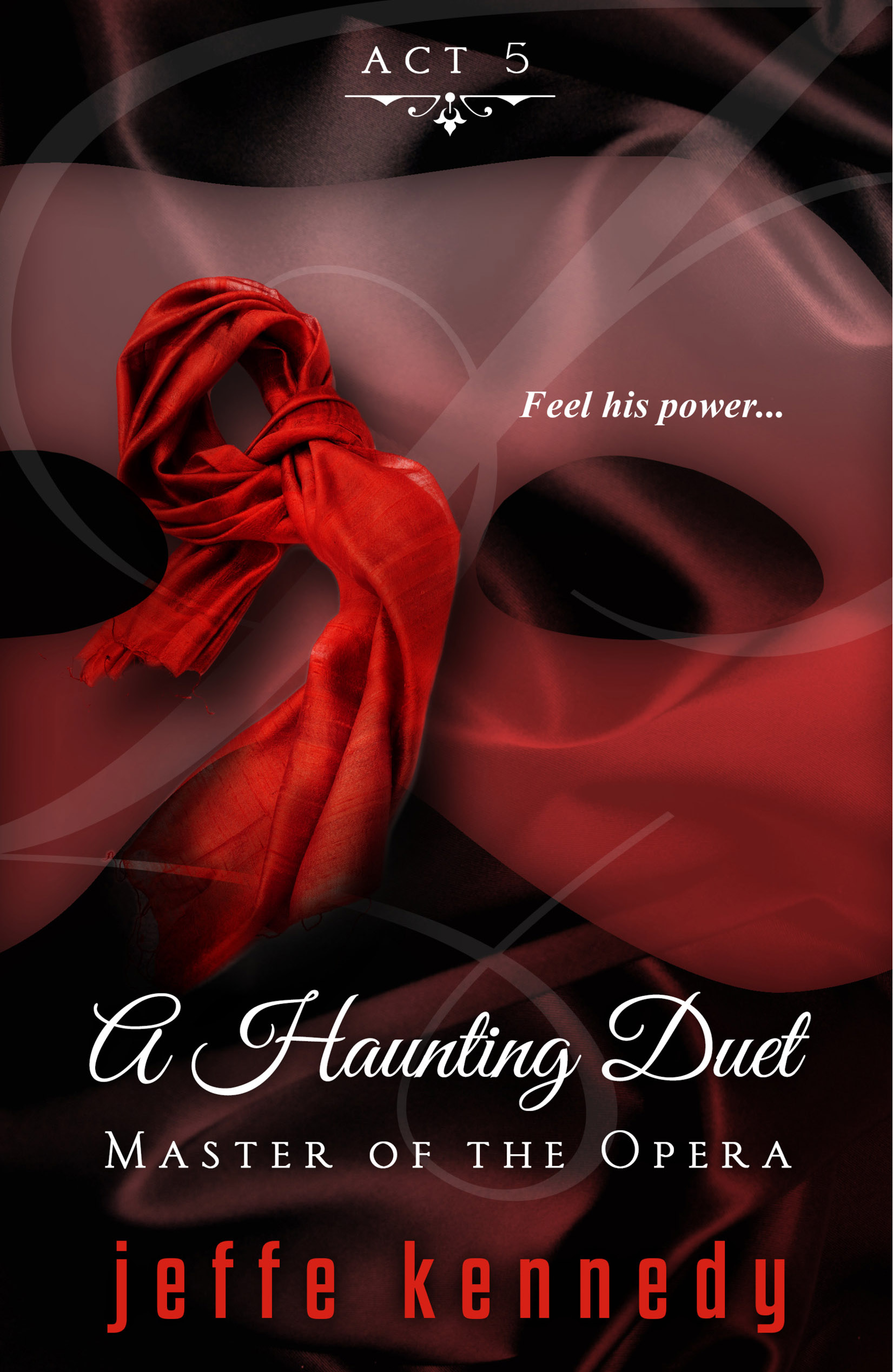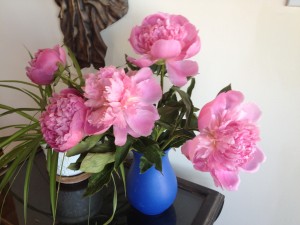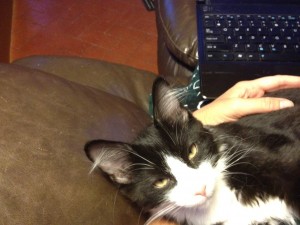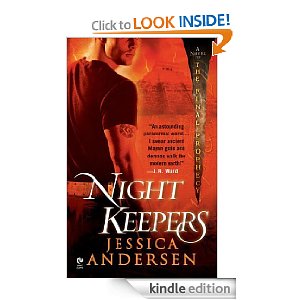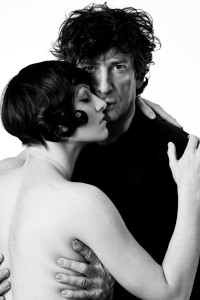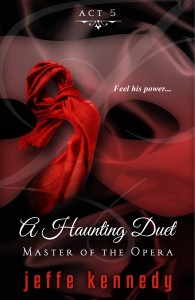 The covers for the final two acts of Master of the Opera are in the wild! Head over to The Bookpushers to see both!
The covers for the final two acts of Master of the Opera are in the wild! Head over to The Bookpushers to see both!
You all know I’m online a lot. Some might say TOO Much. I’m looking at you, Mom. And Anne Lamott. Between my laptop and my SmartPhone, I’m pretty much connected to the internet in some way during my waking hours. A major exception is when I’m at the gym. The other is when I sit down to read.
I need the internet to do both of my jobs. As a writer, I start my day by writing blog posts, answering business and reader emails, posting links to new covers, corresponding with my website designer over new info, etc. I interact with people on Goodreads, Facebook and Twitter. For my day job, I work for a company based out of Boston, interacting with colleagues and clients across all the timezones. That’s necessary connectedness, too.
But, in order to do the core work of both my jobs – writing or thinking through data – I have to step away from the distractions of the internet. When I write, I use Freedom to shut off access, to remove all temptation. When I switch over to the day job, though I might dip in and out of Facebook and Twitter, I mostly don’t look. The less I look, the more productive I am. I save things that take longer than a quick look – like Tumblr – for the evenings, when we’re watching a movie.
Yesterday, I was very productive, as I needed to be. I made excellent progress on developmental edits for The Mark of the Tala. I’m trying to finish those out this week, to stay on schedule with all the writing work. And I delivered the two items on my list for the day job that had to be done yesterday.
I finished my day job just in time to do an online chat with Night Owl Reviews for an hour, finishing up at 7pm.
It was a good day.
Settling into my armchair for the evening, I scrolled through Tumblr. As is my habit, I scrolled back to where I stopped looking the night before and worked forward.
And I saw it.
Neil Gaiman and Amanda Palmer. HERE. In Santa Fe on September 29.
I clicked the clicky as fast as my fingers could fly.
DENIED.
They’d already sold out. The notice had gone up at some point yesterday and I had already missed the window.
You guys know how I feel about Neil and Amanda. I even dreamed about them coming to my house for dinner. I don’t identify as a fan for much, but I’m a total fangirl for them.
Clearly, I’m not fangirl enough, I thought, or I would have known about this sooner.
But then… I only have so much energy to spend. I had to make choices and I did. I have to live with all the results of my decisions.
I’ve always found it interesting that the word “decide” means “to cut away.” (Think of other words, like “excise” – to cut out.) Deciding on one course of action means that you cannot do another. Working from home for so many years means I’ve developed a fair amount of self-discipline. I decide to get my work done first, which means I’ve decided not to be a 24-7 Neil Gaiman/Amanda Palmer fangirl.
Thus, while I’m happy to reap the satisfaction of having completed my work, missing out on those tickets is as much a result of that decision.
And I wouldn’t sacrifice the one for the other, in the final analysis. I guess that means my decision was a good one.
Or, at least, I’d make the same decision again.
Which is the most important point.
